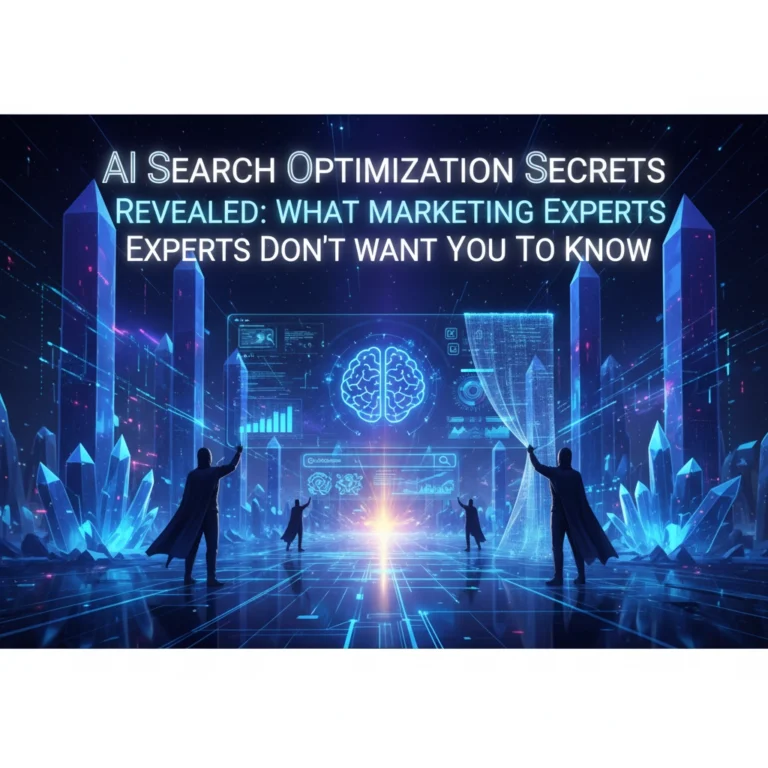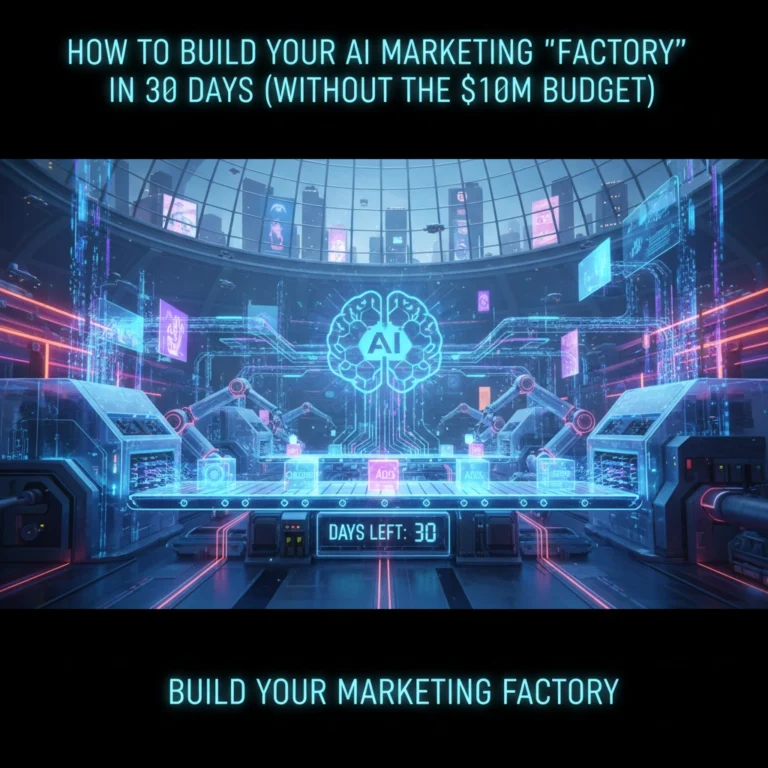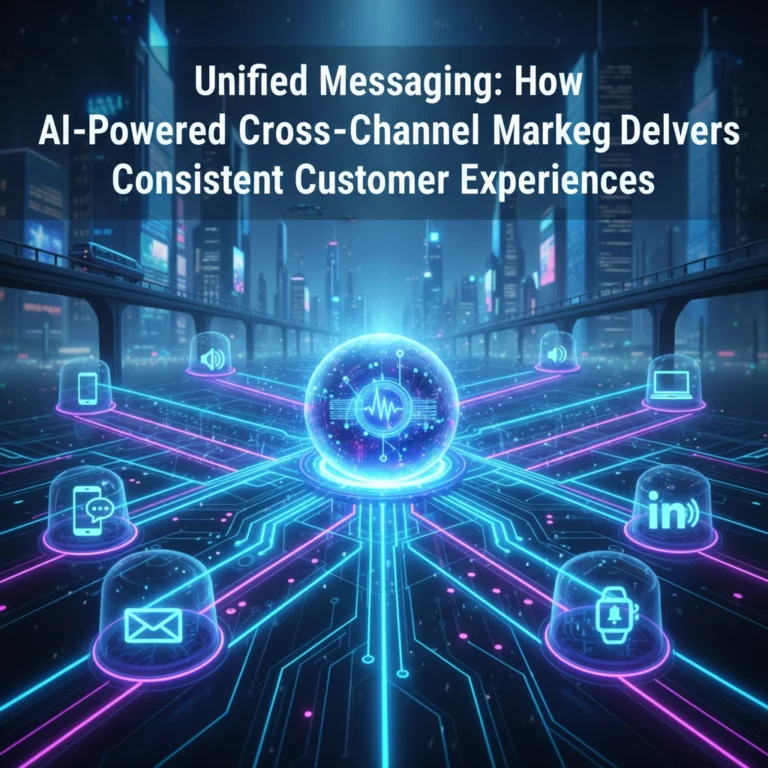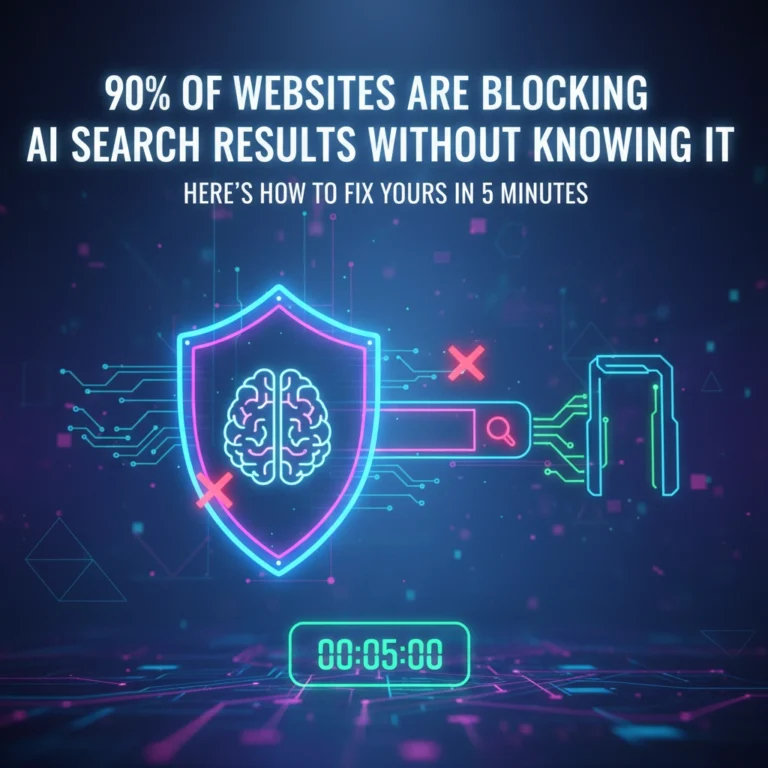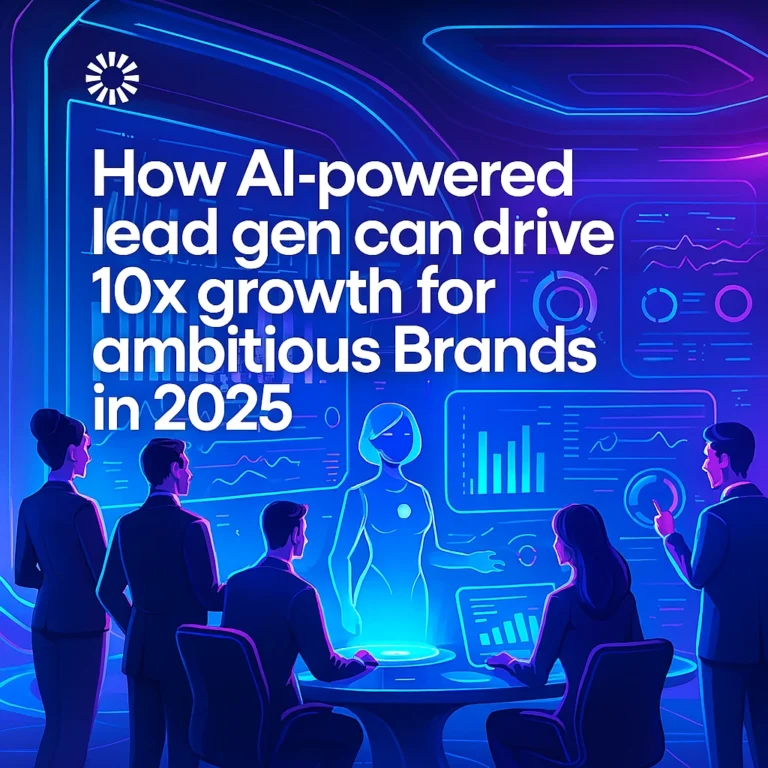Traditional SEO vs AI Search Optimization: Which Is Better For Your Business Growth?
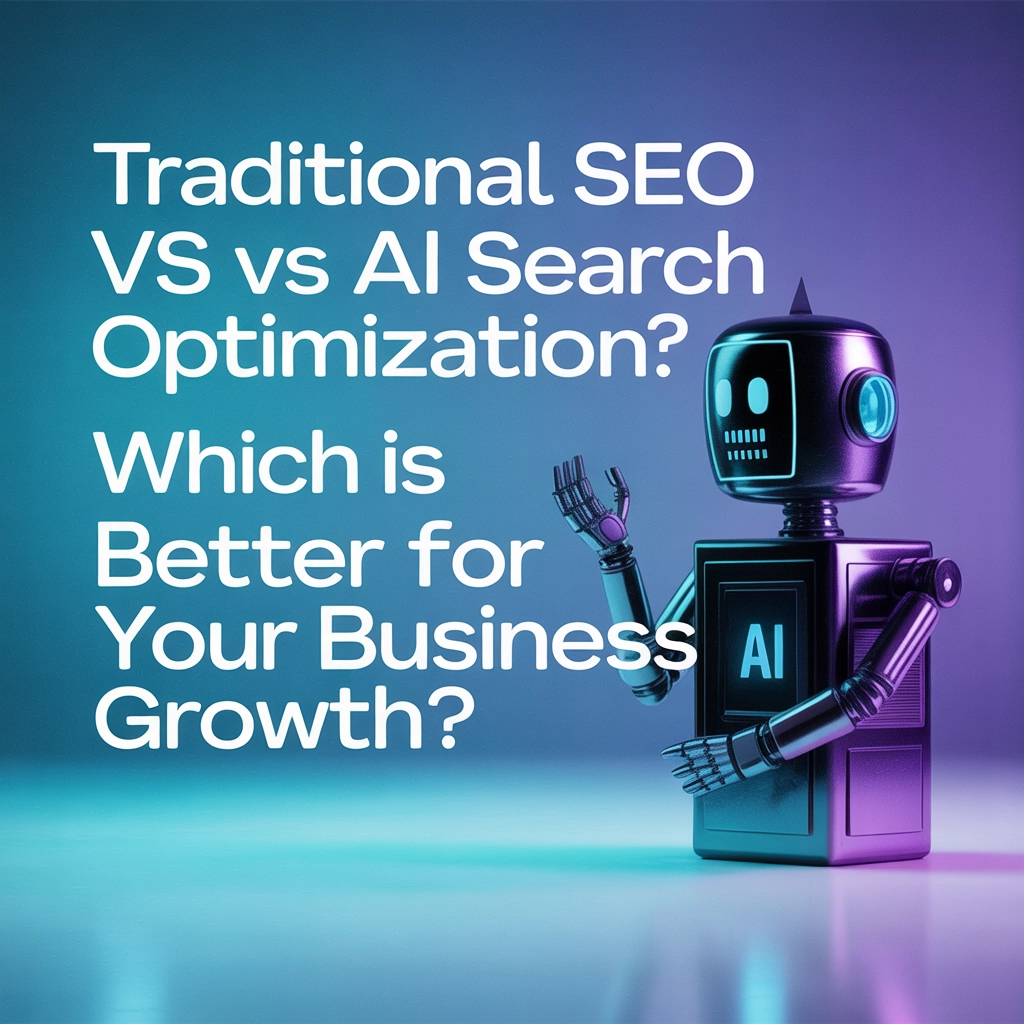
The digital marketing landscape is experiencing a seismic shift. While traditional SEO has been the gold standard for organic growth over the past decade, AI search optimization is emerging as a game-changing alternative. But here's the million-dollar question: which approach will actually drive more business growth for your company?
The answer isn't as straightforward as you might think. With Google now using over 200 ranking factors and search behavior becoming increasingly complex, businesses need to understand both approaches to make the right choice for their growth strategy.
Traditional SEO: The Time-Tested Foundation
Traditional SEO has been the backbone of digital marketing since search engines became mainstream. This approach relies on proven methodologies like keyword research, content optimization, link building, and technical SEO improvements: all executed through manual processes and human expertise.
The Core Strengths of Traditional SEO
Traditional SEO's biggest advantage is its stability and reliability. When done correctly, it builds genuine brand authority that stands the test of time. Unlike paid advertising that stops working the moment you stop paying, traditional SEO creates lasting value through ethical, white-hat optimization techniques.
The human element in traditional SEO is irreplaceable. Experienced SEO specialists bring industry knowledge, creative thinking, and strategic insights that algorithms simply can't replicate. They understand brand storytelling, can craft content that resonates emotionally with audiences, and make nuanced decisions based on market dynamics and competitor analysis.

Where Traditional SEO Falls Short
However, traditional SEO has some significant limitations in today's fast-paced digital environment. The manual nature of traditional SEO makes it incredibly time-intensive. Strategy development, keyword research, content creation, and ongoing optimization require constant human attention, making it difficult to scale quickly.
The keyword-first approach that traditional SEO relies on often leads to thin content that serves search algorithms better than actual readers. This creates a disconnect between what search engines want to see and what provides genuine value to users: a gap that's becoming more apparent as search technology evolves.
AI Search Optimization: The Future-Forward Approach
AI search optimization represents a fundamental shift in how we approach SEO. Instead of relying solely on human analysis and manual processes, this approach leverages machine learning, natural language processing, and big data analysis to understand user intent and optimize content at scale.
The Revolutionary Benefits of AI SEO
AI SEO's most compelling advantage is its ability to process and analyze vast amounts of data in real-time. While a human SEO specialist might analyze dozens of keywords and competitors, AI tools can simultaneously evaluate thousands of data points, identify patterns, and suggest optimizations that would take weeks to discover manually.
The predictive capabilities of AI SEO are particularly powerful. These systems can anticipate search trends, adapt to algorithm changes before they fully roll out, and identify optimization opportunities that human analysis might miss. For businesses operating in competitive markets, this first-mover advantage can be game-changing.
AI optimization also excels at understanding context and user intent. Rather than focusing solely on keyword density, AI systems analyze the semantic relationship between topics, identify content gaps, and create comprehensive content strategies that address user needs holistically.
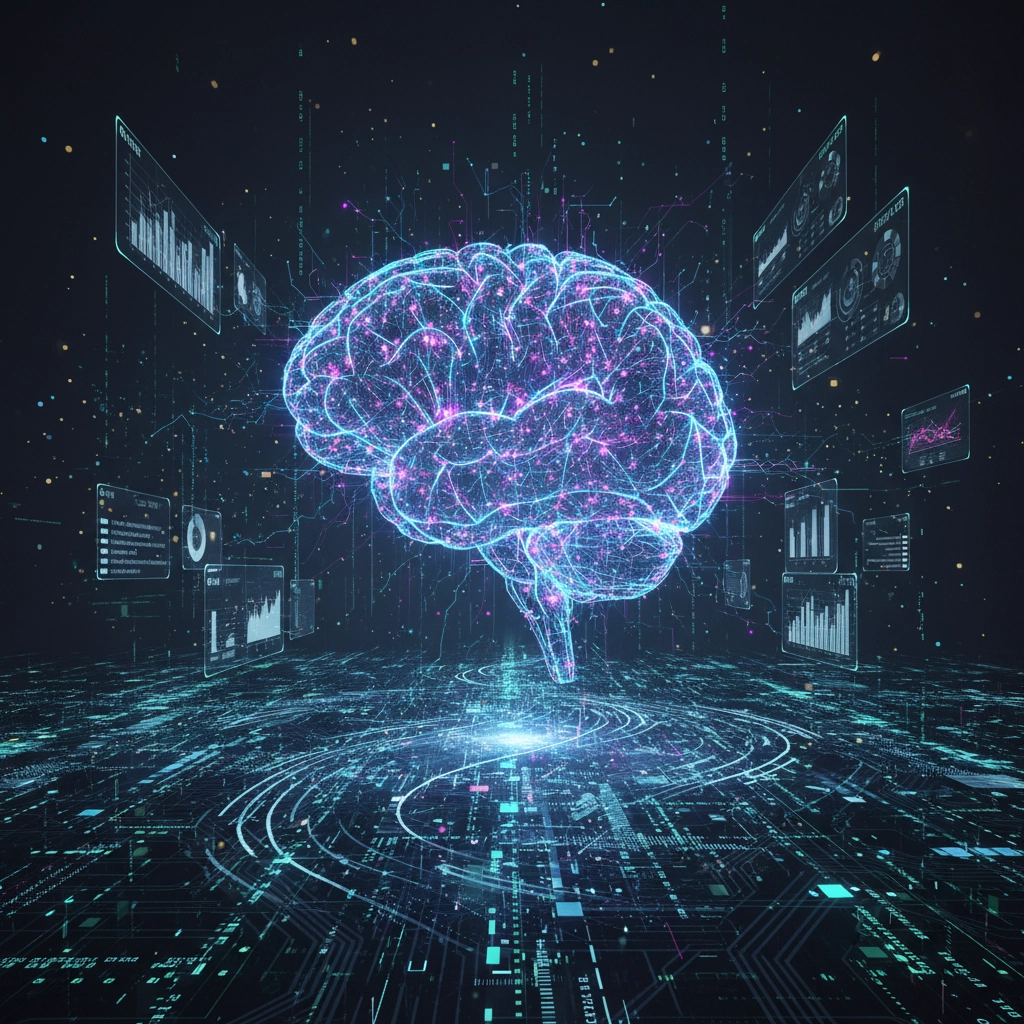
The Potential Drawbacks of AI SEO
Despite its impressive capabilities, AI SEO isn't without limitations. The heavy reliance on technology can sometimes miss the human elements that make content truly engaging. Brand voice, emotional storytelling, and cultural nuances often require human insight that current AI systems struggle to replicate effectively.
There's also the question of over-automation. While AI can optimize for technical metrics and search rankings, it may miss opportunities for creative content marketing strategies that build genuine brand connections and customer loyalty.
Head-to-Head Comparison: Traditional SEO vs AI SEO
| Factor | Traditional SEO | AI Search Optimization |
|---|---|---|
| Implementation Speed | Slow, methodical approach | Rapid deployment and optimization |
| Content Strategy | Keyword-focused, manual research | Topic-first, comprehensive coverage |
| Scalability | Limited by human resources | Highly scalable through automation |
| Data Analysis | Manual analysis, smaller datasets | Automated analysis, massive datasets |
| Personalization | Generic optimization approaches | Highly personalized user experience |
| Algorithm Adaptation | Reactive, manual adjustments | Proactive, automated adaptation |
| Cost Structure | High ongoing labor costs | Higher initial setup, lower maintenance |
| Quality Control | Human oversight, brand consistency | Automated optimization, potential inconsistency |
Which Approach Is Right for Your Business?
The choice between traditional SEO and AI search optimization isn't necessarily an either/or decision. The best approach depends on your business size, industry, resources, and growth objectives.
Choose Traditional SEO If:
Your business prioritizes authentic brand storytelling and building long-term customer relationships. Traditional SEO is ideal for companies in industries where trust and expertise are paramount, such as healthcare, legal services, or financial consulting. If you have experienced SEO professionals who understand your market dynamics and can craft nuanced messaging that reflects your brand values, traditional SEO remains incredibly valuable.
Small to medium-sized businesses with limited technical resources might also find traditional SEO more manageable, as it doesn't require significant technology investments or complex AI system implementations.
Choose AI Search Optimization If:
Your business needs to scale SEO efforts quickly and efficiently. AI SEO is particularly beneficial for enterprises with large content libraries, multiple product lines, or rapidly changing inventory. E-commerce businesses, SaaS companies, and technology firms often see significant benefits from AI optimization due to the data-driven nature of their operations.
If your business is undergoing rapid growth, expansion into new markets, or digital transformation initiatives, AI SEO can provide the agility and scalability needed to keep pace with changing demands.
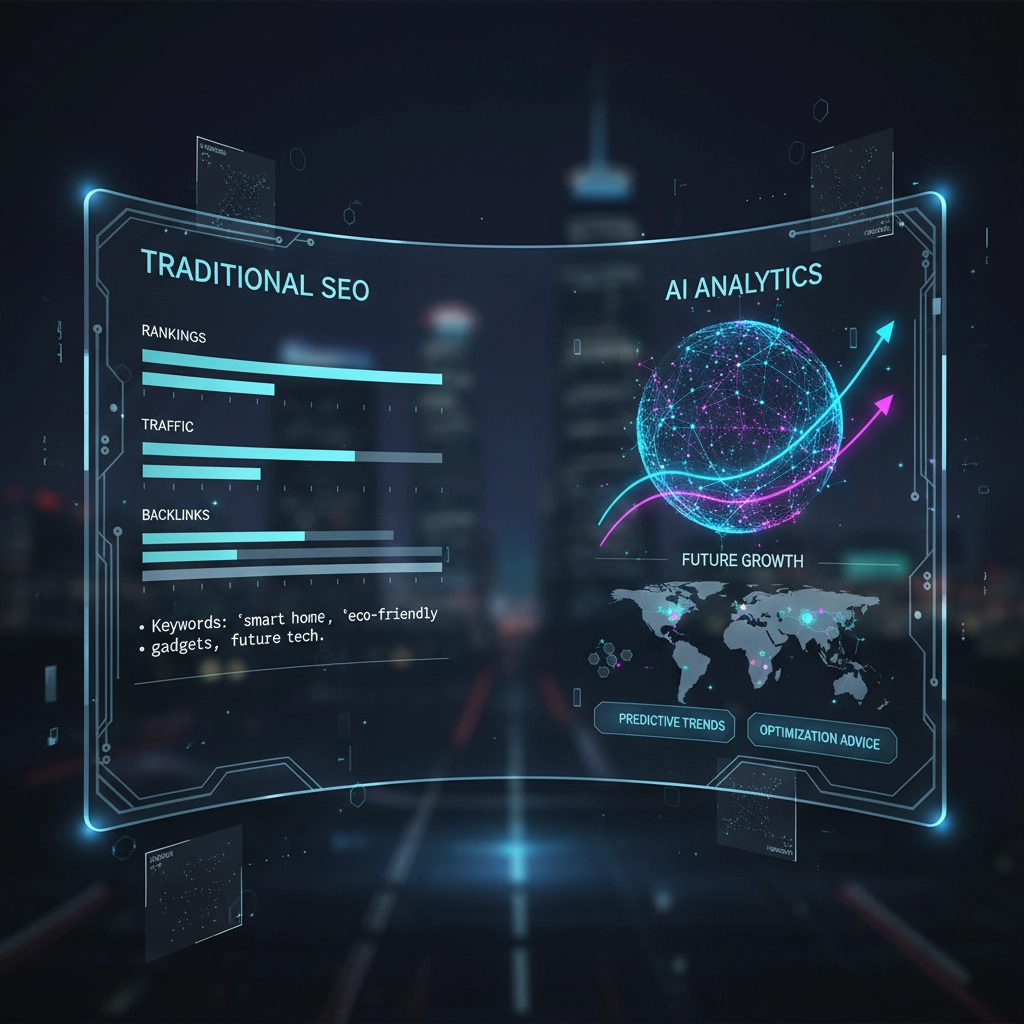
The Hybrid Approach: Best of Both Worlds
Increasingly, the most successful businesses are adopting a hybrid approach that combines the best elements of both methodologies. This strategy uses AI for data analysis, technical optimization, and scalable content creation while maintaining human oversight for strategic planning, creative content development, and brand consistency.
Companies following this hybrid model often see the best results because they can leverage AI's speed and analytical capabilities while preserving the human creativity and strategic thinking that builds lasting brand value.
The Bottom Line: What This Means for Your Growth
The reality is that search is evolving rapidly, and businesses that stick to outdated approaches risk being left behind. While traditional SEO provides a solid foundation, AI search optimization offers the agility and insights needed to stay competitive in an increasingly complex digital landscape.
At Zentara, we've seen firsthand how businesses transform when they embrace AI-powered approaches to digital marketing. Our AI SEO services help companies leverage the best of both worlds: combining proven SEO fundamentals with cutting-edge AI technology to drive sustainable growth.
The key is not to choose between traditional SEO and AI optimization, but to understand how each approach can contribute to your overall growth strategy. By starting with a solid SEO foundation and gradually incorporating AI-powered tools and insights, businesses can create a competitive advantage that drives both short-term results and long-term success.
The future belongs to businesses that can adapt quickly while maintaining their core brand values. Whether you choose traditional SEO, AI optimization, or a hybrid approach, the most important decision is to start optimizing your search presence today( because your competitors certainly are.)

